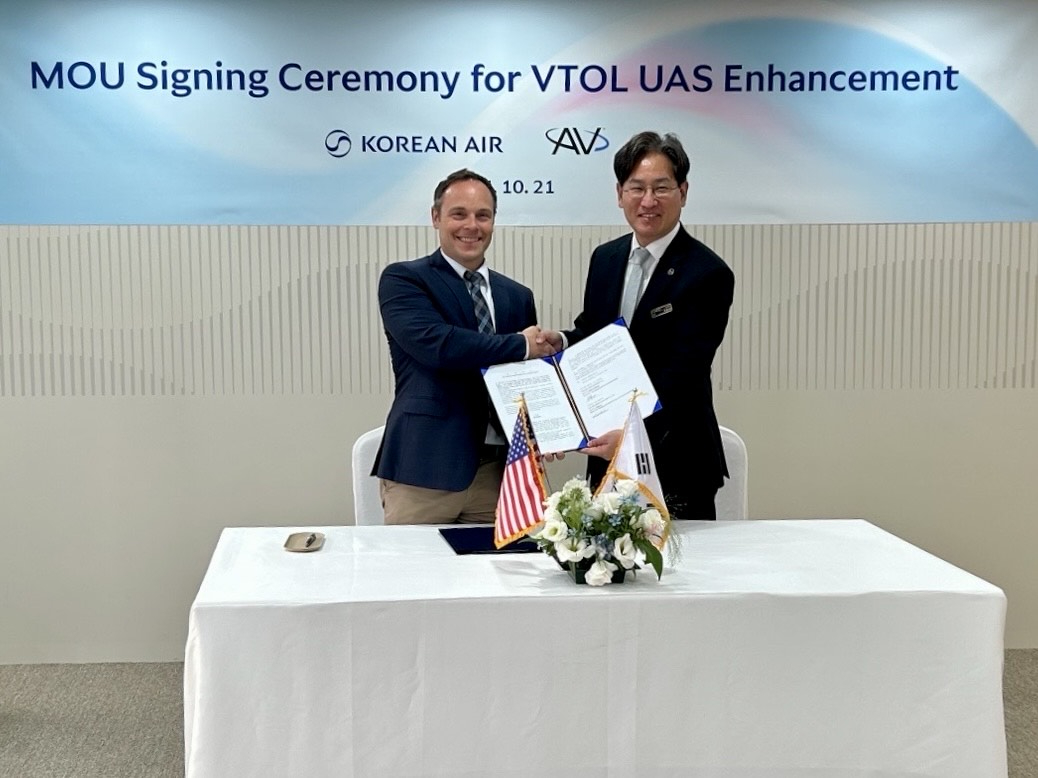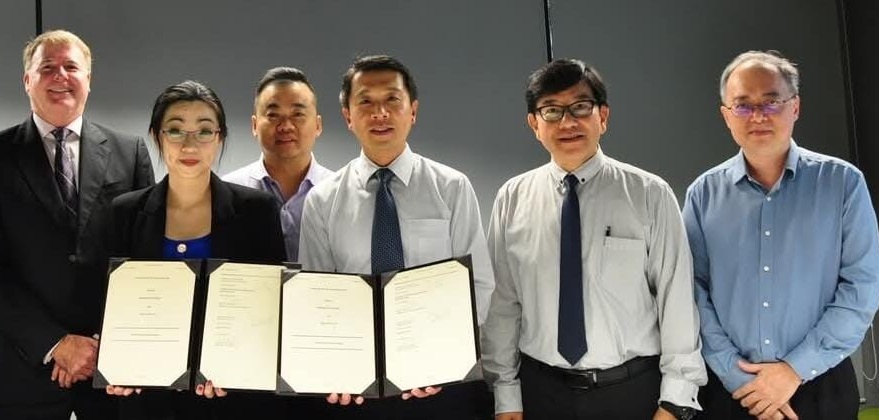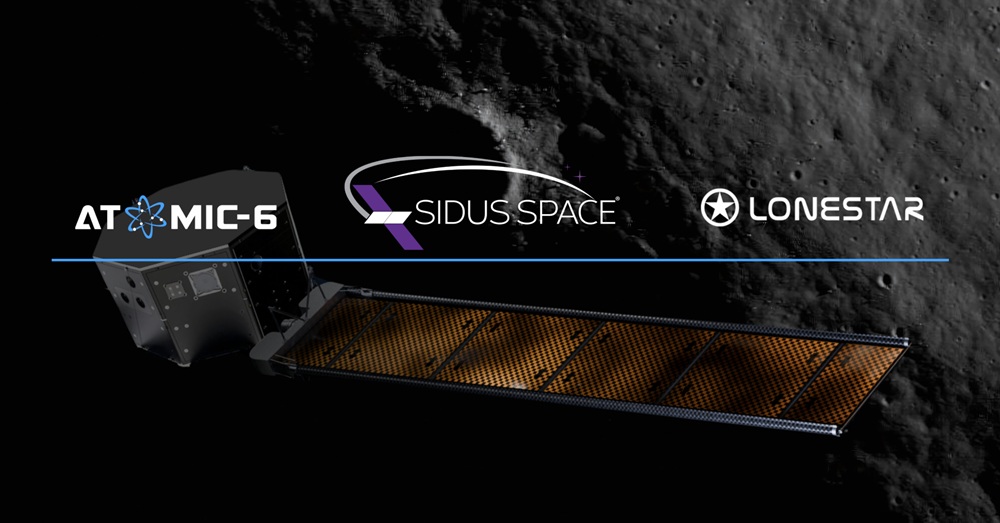New Delhi: In a address at the Global Conference on Space Exploration (GLEX) 2025 held via videoconference on May 7, Prime Minister Narendra Modi highlighted India’s extraordinary journey in space and unveiled an ambitious roadmap for the future.
Speaking to a distinguished global audience of scientists, astronauts, and policymakers, Modi framed space not merely as a frontier to conquer but as “a declaration of curiosity, courage, and collective progress,” underscoring India’s rise as a major space power driven by innovation, inclusivity, and international cooperation.
Modi recalled India’s space odyssey from its modest start in 1963 with the launch of a small rocket to becoming the first nation to land near the Moon’s South Pole with Chandrayaan-3. “Indian rockets carry more than payloads-they carry the dreams of 1.4 billion Indians,” he said, evoking the deep national pride behind India’s space endeavours.
He highlighted key milestones that have defined India’s space program: the Mars Orbiter Mission (Mangalyaan) in 2014, which reached Mars on its maiden attempt; Chandrayaan-1’s groundbreaking discovery of water on the Moon; Chandrayaan-2’s highest-resolution lunar imagery; and Chandrayaan-3’s historic landing near the Moon’s South Pole, a first for any country. Modi also pointed to India’s rapid mastery of cryogenic engine technology, the launch of 100 satellites in a single mission, and the deployment of over 400 satellites for 34 countries, showcasing India’s growing stature as a reliable launch service provider.
This year marked another major milestone when India successfully docked two satellites in orbit, a complex feat signalling its readiness for more advanced space operations and inter-satellite collaborations.
Rejecting the notion of space as a race, Modi emphasized that India’s space journey is “not about racing others but about reaching higher together.” He called for a collective approach to space exploration that benefits all humanity, reflecting India’s philosophy of Vasudhaiva Kutumbakam-the world is one family.
Highlighting regional cooperation, Modi recalled India’s successful satellite launches for South Asian nations and announced the G20 Satellite Mission, an initiative launched during India’s G20 Presidency aimed at supporting the Global South. This mission is designed to foster equitable access to space technology and data, reinforcing India’s commitment to inclusive development.
Outlining a roadmap for India’s space program, with the upcoming Gaganyaan mission-India’s first human spaceflight-at its core, he said the launch will take place in the near future, Gaganyaan will send Indian astronauts into low Earth orbit, marking India’s entry into the elite club of nations capable of human spaceflight. Modi also revealed that an Indian astronaut will soon travel to the International Space Station as part of a joint ISRO-NASA mission, symbolizing growing international collaboration.
Looking ahead, Modi announced plans to establish the Bharatiya Antariksha Station by 2035, envisioned as a hub for cutting-edge research and global partnerships in space science. By 2040, India aims to have an astronaut leave footprints on the Moon, with Mars and Venus also identified as key targets for future exploration, signaling India’s intent to expand its presence across the solar system.
Beyond exploration, Modi stressed that space technology is a vital enabler of governance, economic development, and social welfare. Satellites play a crucial role in fishermen alerts, infrastructure planning through the GatiShakti platform, railway safety, and weather forecasting, impacting millions of lives across India.

The Prime Minister highlighted India’s thriving space startup ecosystem, now comprising over 250 companies innovating in satellite technology, propulsion, and imaging. This burgeoning sector is opening new frontiers for entrepreneurship and technological advancement. Modi also proudly recognized that many of India’s space missions are being led by women scientists, reflecting a commitment to gender inclusivity and diversity in science and technology.
Modi’s address underscored that India’s space vision is deeply rooted in the ancient philosophy of Vasudhaiva Kutumbakam, emphasizing global unity and shared progress. He called for a new chapter in space exploration-one guided by science, cooperation, and a collective aspiration for a better future. “India stands for dreaming together, building together, and reaching for the stars together,” he said, positioning India as a responsible and visionary leader in the global space community.
The Global Conference on Space Exploration 2025, hosted by the Indian Space Research Organisation (ISRO) and co-hosted by the Astronautical Society of India, brought together over 1800 participants from 36 countries. The event serves as a vital platform for dialogue, collaboration, and innovation in space exploration, reflecting India’s emergence as a key player on the world stage under PM Modi’s leadership.





